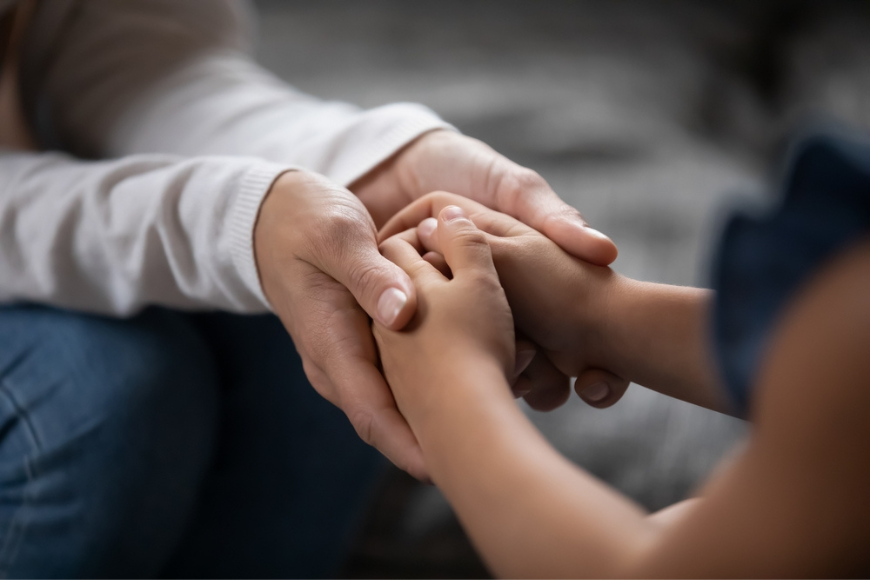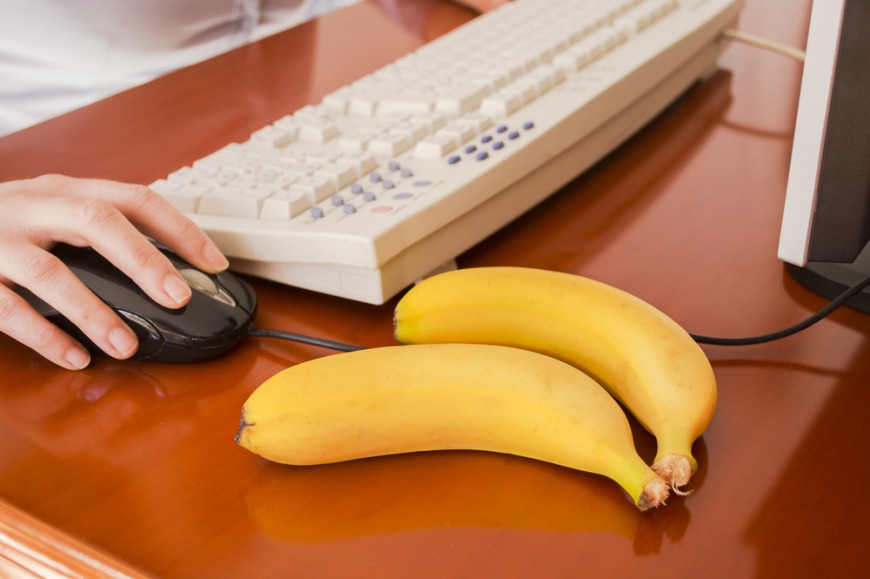If your loved one suffers a stroke their healing process can be long and tiring but read this advice to help you through it.
23 January 2014
| Last updated on 11 December 2017
If your loved one suffers a stroke, the importance of combining allopathic medicine with holistic alternative medicine will be key to getting them back on their feet and avoiding a relapse. While this article is strictly intended to be informational and is not a substitute for medical diagnosis, I have a strong viewpoint on the subject for a reason.
My husband suffered a hemorrhagic stroke 17 months ago after a spike in blood pressure that left him paralyzed on his right side. We immediately found ourselves in a very dark and frightening Valley of the Unknown. Although we’re not completely out of the woods yet, we’ve uncovered some fundamental truths we hope will benefit other expatriates living in Muscat:
In the initial stages, the stroke patient is only as strong as his/her primary caretaker. Being a caretaker is as stressful as experiencing a stroke is devastating. Once your spouse has been discharged from the hospital, you can expect him/her to feel frustration, anger and depression. In turn, expect the same emotions to be triggered in yourself (although the level of intensity is different because your partner is the one who has suffered a neurological catastrophe).
My advice is to learn to control or hide your emotions in front of your spouse since his/her emotional state will go through uncontrollable changes. You might observe rapid mood swings accompanied by sudden crying, laughter, anger, or social withdrawal. Family and friends will feel bewildered by what they perceive as altered thinking, when in reality it’s the result of damage to brain tissue.
As husband and wife and partners in life, you’ll have to fight your way out of your new circumstances together, which means you’ll both need to be under the extended care of a good practitioner. Not only will your spouse’s progress have to be checked at regular intervals, but your stress levels will also have to be monitored.
A licensed naturopathic practitioner can help prevent a relapse. Neuropathic pain and inflammation can be terribly challenging to deal with after a stroke, and may initially be alleviated with pharmaceutical drugs. At some point early on though, nutritional guidance from a naturopathic or holistic practitioner is strongly recommended in order to avoid reliance on allopathic medicine and its accompanying side effects.
With a change in diet and quality prescription herbal supplements designed to rebuild depleted cells, your spouse’s immune system and physical strength can eventually be restored to at least near normal. Psychological and emotional well-being will be enhanced too.
Don’t underestimate the power of Indian Ayurvedic treatment. This ancient, holistic healing system can relieve emotional stress, strengthen muscle tissue and restore neuromuscular function. It can also treat internal bleeding: A few weeks after my husband’s discharge from the hospital, we discovered a licensed Ayurvedic doctor who treated my husband’s aneurysm with a combination of 16 ayurvedic herbs to prevent further bleeding and complications.
A therapeutic Panchakarma paste was applied to the top of his head for several days. Two weeks later, an MRI brain scan and angiogram carried out by a well-trained technician revealed that the pool of blood had indeed dried up and that his arteries and blood vessels were clear.
Acupuncture can relieve pain. Pain management associated with a stroke is best achieved by creating positive energy in the body, which is what acupuncture is all about. Instead of resorting to painkillers, my husband received treatment for his shoulder pain from a Chinese acupuncturist. Only then was he able to sleep throughout most of the night. Be aware that electro-acupuncture is best avoided in the early stages following a stroke since creating too much heat in the body could lead to a seizure.

Hire a professional physical therapist. Your spouse will have to go slowly in the first few weeks by following his/her neurologist’s recommendations, but under the guidance of a knowledgeable, persevering physical therapist recovery is usually possible. While time is of the essence in recovering limb mobility, much depends on the severity of the stroke. If expert stimulation of the nerves in the hands and feet can gradually be achieved, a determined stroke patient can then work with their therapist towards a progression from wheelchair to walker to walking cane to eventually walking on their own.
Risk Factors for a Stroke. Having a previous history of stroke greatly increases the chance of having another stroke. With that in mind, my new mission in life is to alert others about controlling high blood pressure. Of course smoking, heart disease, and diabetes are other important factors too.
While my husband has never smoked and does not have diabetes or heart disease, hypertension, sleep apnea and acid reflux eventually contributed to his stroke. Because of his sleep apnea, the brain was experiencing decreased blood flow and insufficient oxygen. In turn, this led to vision problems. In his case, unexpected bleeding in each of his eyes six months apart preceded the stroke by several months.
On top of that, taking acid reflux medication for years had depleted his body of Vitamins D-3 and B-12. These were all clear warning signs of a future full-scale stroke, but unfortunately none of the eye doctors, sleep and cardiac specialists or other medical practitioners we went to took the time to put the puzzle pieces together holistically in order to help us.
What eventually pushed his system over the edge began with great fatigue and stress following the hospitalization and death of a close family member, which quickly led to unchecked hypertension. In the hours preceding my husband’s stroke, he had initially complained of a fatigue-related headache. Later, his entire right side unexpectedly went numb and he was rushed to the hospital.
Warning Signals to watch out for. If one or more of the following symptoms occurs suddenly, it’s time to get immediate help: Double vision, haziness, or loss of vision (especially in one eye); trouble speaking or understanding speech; headache, dizziness, drowsiness, unsteadiness, falling, nausea or vomiting for no particular reason or weakness or numbness in the face, arm or leg.
It is frequently said that prevention is the best medicine, so please be passionate about your health and that of your spouse before it’s too late!





















































_2.jpg?itok=XEABuHuU)















































_2.jpg?itok=j80YWwf-)



















